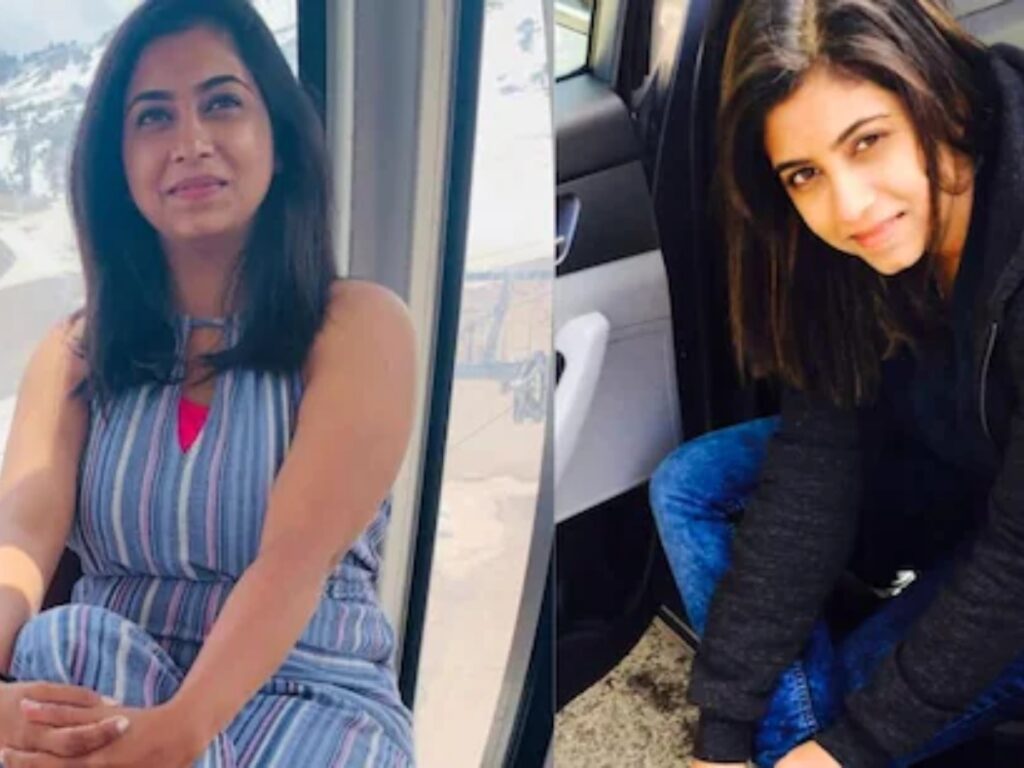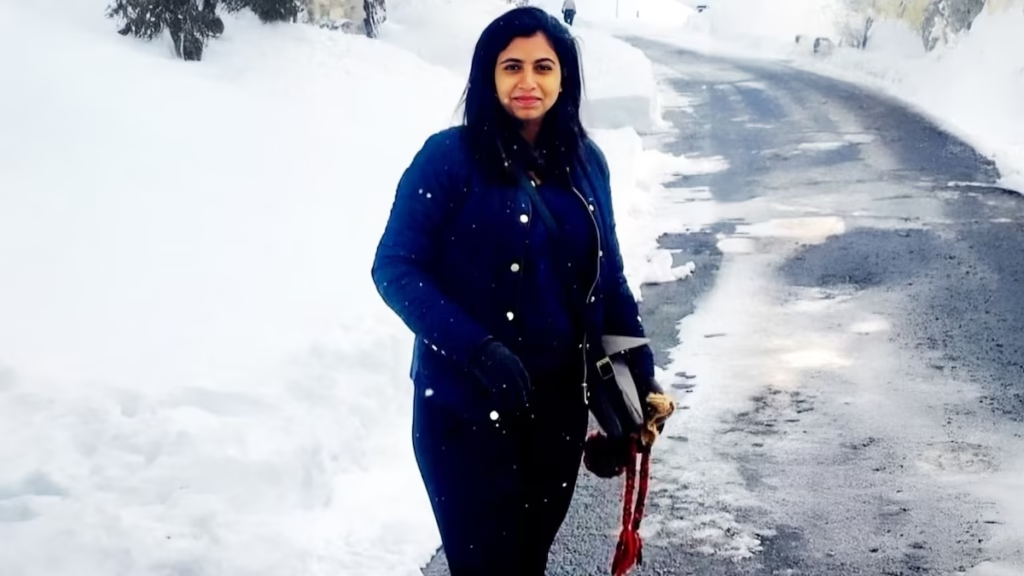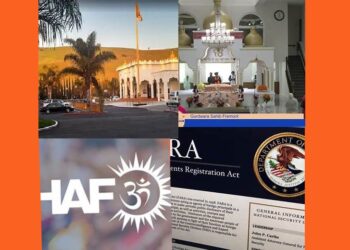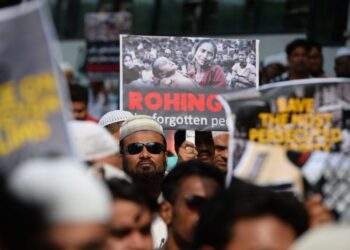Tragic Road Accident Leaves Indian Woman in Coma
Neelam Shinde, a resident of Maharashtra, suffered life-threatening injuries after being struck by a vehicle in California on 14 February 2025. The accident left her in a critical condition, requiring immediate medical intervention. She was admitted to UC Davis Health Hospital, where doctors performed emergency brain surgery in an attempt to stabilise her condition.
With Neelam battling for her life in a foreign country, her family in India was desperate to reach her. However, securing a visa on short notice posed a significant challenge, leading them to seek urgent assistance from the authorities.
Family Struggles with Visa Delays
Neelam’s father, Tanaji Shinde, and her cousin, Gaurav Kadam, faced significant hurdles in obtaining travel visas to the United States. The standard wait time for a visa appointment extended into 2026, making it impossible for them to reach Neelam in time.
Recognising the urgency of the situation, the family appealed to various government agencies and public representatives, hoping to expedite the visa process. Their case quickly gained public attention, highlighting the bureaucratic obstacles that families face when dealing with medical emergencies abroad.
Authorities Intervene to Expedite the Visa Process
Following the family’s plea, multiple political figures and government agencies stepped in to assist. Maharashtra Deputy Chief Minister Devendra Fadnavis and NCP-SP MP Supriya Sule played a key role in pushing for an expedited visa process.
The case was also brought to the attention of External Affairs Minister S. Jaishankar, who intervened through diplomatic channels to ensure that the visas were approved without delay. Officials from the Ministry of External Affairs (MEA) coordinated with the US Consulate in Mumbai, which ultimately granted the family an emergency visa.
Neelam’s father and cousin received their visas on 28 February, paving the way for them to travel to the United States as soon as possible. Their scheduled departure for the US was set for 29 February, ensuring they could be by Neelam’s side during this critical period.

Expressions of Gratitude from the Family
The swift action taken by the authorities brought immense relief to the Shinde family. Tanaji Shinde, Neelam’s father, expressed heartfelt gratitude towards the government officials who facilitated the emergency visa approval. He acknowledged the Maharashtra state government, the central government, and the Ministry of External Affairs for their efforts in making the process smoother.
MP Supriya Sule, who had been actively involved in securing the visa, also praised the MEA’s quick response. She highlighted the importance of prioritising humanitarian cases and ensuring that Indian citizens facing emergencies abroad receive timely assistance.
Support from the Indian Consulate in San Francisco
The Indian Consulate General in San Francisco has been in close contact with Neelam’s medical team and family, offering necessary support and guidance. Officials at the consulate assured the family of continued assistance, ensuring they have access to resources while in the US.
The consulate’s role in coordinating with US authorities and facilitating emergency support has underscored the importance of strong diplomatic ties between India and the United States. Such coordination is crucial in handling medical and legal emergencies involving Indian citizens abroad.
Challenges Faced by Families in Medical Emergencies Abroad
The case of Neelam Shinde has once again brought attention to the difficulties faced by families when loved ones experience medical crises in foreign countries. The lengthy visa processing times, bureaucratic red tape, and lack of immediate assistance often make it challenging for relatives to travel on short notice.
Several Indian families have previously faced similar hurdles when trying to reach relatives hospitalised abroad. In such situations, diplomatic intervention becomes essential to fast-track visa approvals and ensure that families can provide emotional and financial support to their loved ones.
While the swift action in Neelam’s case demonstrates that urgent requests can be processed quickly, there remains a broader need for streamlined visa policies for medical emergencies. Governments worldwide, including India and the US, may need to consider special provisions that allow families to obtain emergency travel authorisation more efficiently.
Public and Media Response to the Case
Neelam’s situation has garnered significant media attention, sparking discussions about the importance of humanitarian considerations in visa processing. Many have expressed sympathy for the family’s ordeal and called for more proactive measures to assist individuals facing similar crises.
On social media, users have praised the MEA, Maharashtra government, and Supriya Sule for their prompt response. However, the incident has also raised concerns about the need for a more efficient process for handling visa emergencies, with calls for a dedicated fast-track system for medical-related travel.
In response to the public debate, some experts have suggested that Indian authorities work closely with foreign governments to establish clear guidelines for medical emergency visas. This could help prevent delays in critical cases where immediate travel is necessary.

Lessons from the Incident and the Way Forward
The urgent visa granted to Neelam’s family is a testament to the effectiveness of government intervention in emergency situations. However, it also highlights the challenges that many Indian families face when dealing with medical crises abroad.
Several measures could be considered to improve the system for future cases:
- Fast-Track Visa Mechanisms: Governments could establish a dedicated category for medical emergency visas, allowing immediate family members to travel within days rather than waiting for months or years.
- Digital Emergency Request Systems: Introducing an online emergency visa request system could streamline applications and reduce processing time.
- Stronger Bilateral Agreements: India and countries like the US could negotiate specific provisions for medical emergency visas, ensuring smoother approvals in urgent situations.
- Greater Public Awareness: Families should be informed about available emergency visa options and the steps they can take to seek government intervention in crises.
The tragic circumstances surrounding Neelam’s case should serve as a catalyst for policy improvements that make it easier for families to reunite in times of crisis. While the government’s quick response was commendable, a more structured and predictable system would ensure that all families in similar situations receive timely assistance without having to rely on political intervention.
Hopes for Neelam’s Recovery
As Neelam’s father and cousin arrive in the United States, their focus will be on supporting her recovery. The medical team at UC Davis Health Hospital continues to provide critical care, and her condition remains serious. However, with her family by her side, there is hope that she will show signs of improvement.
The case serves as a reminder of the unpredictability of life abroad and the importance of ensuring that families have access to timely support in moments of crisis. As discussions continue on how visa processes can be made more efficient for emergency cases, Neelam’s story stands as an example of the power of collective action in overcoming bureaucratic obstacles.











